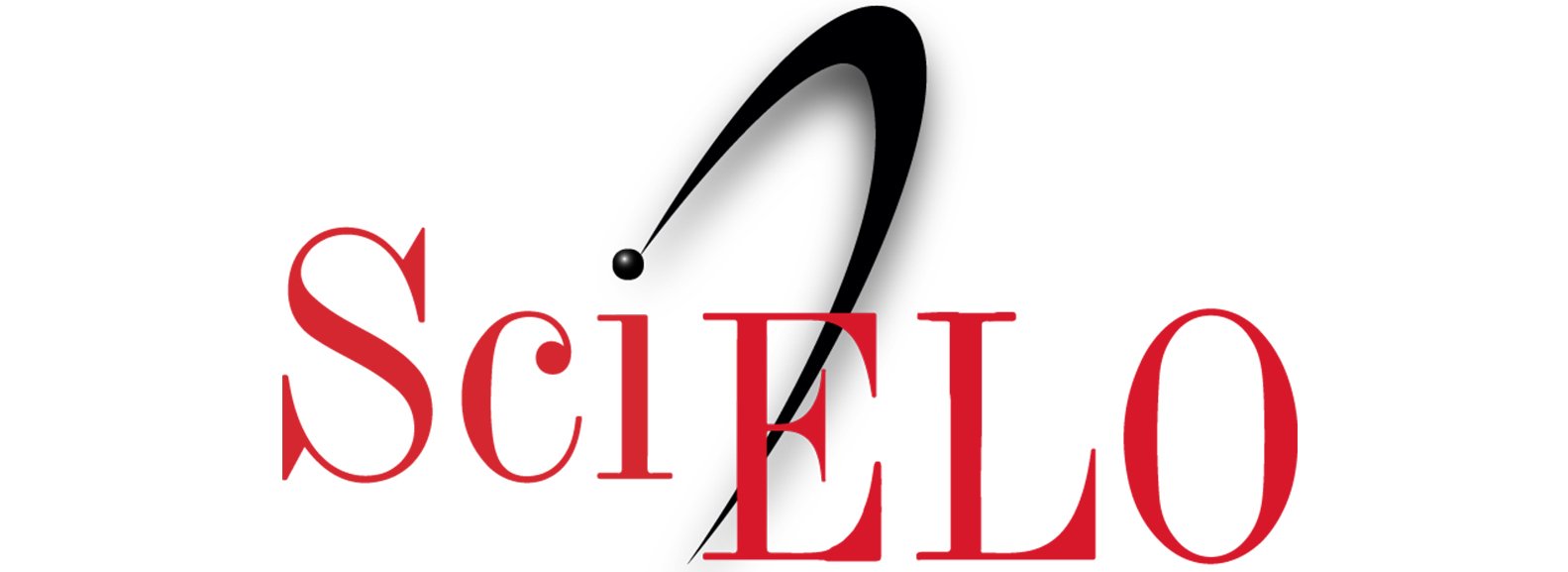LETTER TO THE EDITOR
REVISTA DE LA FACULTAD DE MEDICINA HUMANA 2024 - Universidad Ricardo Palma10.25176/RFMH.v24i2.6584
EXPLORING RESILIENCE IN BREAST CANCER PATIENTS: WAGNILD & YOUNG RESILIENCE SCALE
EXPLORANDO LA RESILIENCIA EN PACIENTES CON CÁNCER DE MAMA: ESCALA DE RESILIENCIA DE WAGNILD & YOUNG
Renato Franco Rentería Palacios1
 1
1
1 Instituto de Investigaciones en Ciencias Biomédicas. Universidad Ricardo Palma. Lima, Perú
Dear Editor,
I am writing to you in relation to the article titled "Emotional intelligence and stress coping
strategies in health care workers", published in volume 23, number 3, in 2023 of the journal you manage.
In that work, a significant correlation between emotional intelligence and stress in workers at a
tertiary care hospital is highlighted (1).. However, given the increasing
number of breast cancer patients, it is crucial to explore how to measure a fundamental dimension for
the mental and emotional health of these patients: resilience. Resilience is related to psychological
adjustment, treatment adherence, survival, and quality of life (2).
Several studies use the Wagnild and Young Resilience Scale to measure resilience in breast cancer patients (3–5).. We present preliminary results of a pilot study conducted at the National Institute of Biomedical Research (INICIB) within the project "Inflammatory Markers and Their Prognostic Value in Women with Breast Cancer." In this study, we evaluated 25 Peruvian patients with breast cancer using the Wagnild and Young test, obtaining a reliability of 0.960 according to Cronbach's alpha. Table shows the comparative values reported in this study.
Table. Reliability of the Wagnild and Young Resilience Scale for female patients diagnosed with breast cancer
|
Author |
Country |
Cronbach's Alpha |
Number of Items |
n |
|---|---|---|---|---|
| Wagnild GM, Young HM (6) | United States | 0,91 | 25 | 625 |
| Abiola T, Udofia O (7) | Nigeria | 0,87 | 25 | 70 |
| Rodríguez M et al. (8) | Argentina | 0,72 | 25 | 222 |
| Castilla H et al. (9) | Peru | 0,89 | 20 | 322 |
| Gómez MA (10) | Peru | 0,87 | 25 | 468 |
| De La Cruz-Vargas JA, Rentería R (en prensa) | Peru | 0,96 | 25 | 50 |
Moreover, there is evidence supporting the importance of measuring resilience in breast cancer patients.
For example, Chiesi et al. (11) studied the relationship between
resilience, psychological distress, and positive personal resources in women with breast cancer and
survivors during the COVID-19 pandemic. They concluded that, although the pandemic caused treatment
interruptions and delays in follow-ups, the relationships between positive personal resources,
resilience, and psychological distress remained strong.
In another study, effective interventions to foster resilience in cancer patients were reviewed. It was
concluded that anxious and motivated patients should have access to interventions that promote
resilience, which should begin as soon as the diagnosis is made and be combined with somatic therapy,
ideally lasting more than 12 sessions (12).
Almanza (13) compared the effects of social support and self-esteem based on the level of resilience in 160 women diagnosed with cancer, using the Cooper Smith Self-Esteem Inventory, the MOS Social Support Survey, and the Wagnild and Young Resilience Scale. The findings demonstrated the importance of these factors in cancer treatment.
In conclusion, given the relevance of resilience in breast cancer patients and its impact on treatment, it is essential to have validated and reliable scales in Latin American populations. In Peru, it is estimated that there are 28 cases of breast cancer per 100,000 inhabitants, with a mortality rate of 8.5 cases per 100,000 inhabitants (14). Resilience can contribute to more adaptive coping with oncological diseases, improving treatment adherence (5, 15). Therefore, promoting research on resilience in cancer patients has significant practical implications for quality of life and clinical treatment.
Authorship contributions:
RFRP contributed to the conceptualization of the study, research, methodology development,
writing the original draft, and review and editing of the manuscript.
Funding:
Self-funded
Declaration of conflict of interest:
The authors declare no conflict of interest.
Received:
March 5, 2024
Approved:
April 29, 2024
Correspondence author:
Renato Franco Rentería Palacios
Address:
33, Av. Alfredo Benavides 5440, Santiago de Surco 15039
Phone:
(+51) 946198632
E-mail:
rnato2502@gmail.com
Article published by the Journal of the faculty of Human Medicine of the Ricardo Palma University. It is an open access article, distributed under the terms of the Creatvie Commons license: Creative Commons Attribution 4.0 International, CC BY 4.0 (https://creativecommons.org/licenses/by/4.0/), that allows non-commercial use, distribution and reproduction in any medium, provided that the original work is duly cited. For commercial use, please contact revista.medicina@urp.edu.pe.
